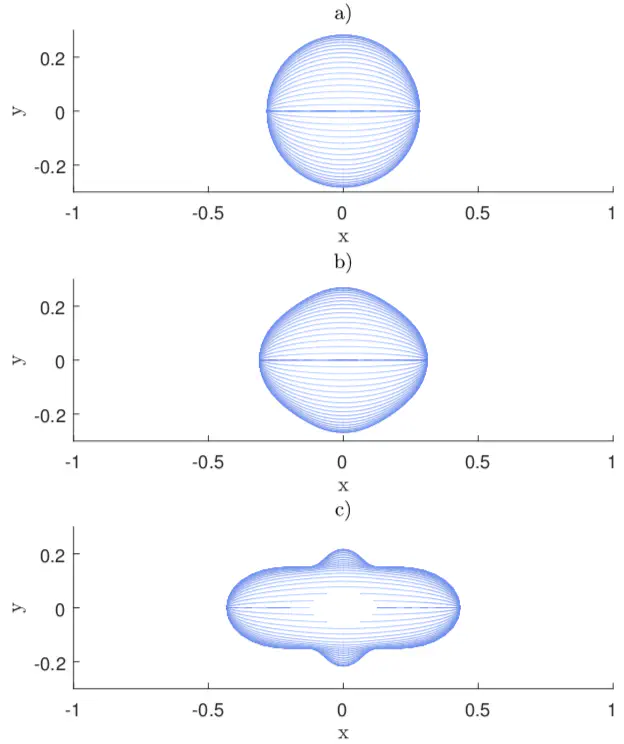
Abstract
Artificial reverberation algorithms are used to enhance dry audio signals. Delay-based reverberators can produce a realistic effect at a reasonable computational cost. While the recent popularity of spatial audio algorithms is mainly related to the reproduction of the perceived direction of sound sources, there is also a need to spatialize the reverberant sound field. Usually multichannel reverberation algorithms output a series of decorrelated signals yielding an isotropic energy decay. This means that the reverberation time is uniform in all directions. However, the acoustics of physical spaces can exhibit more complex direction-dependent characteristics. This paper proposes a new method to control the directional distribution of energy over time, within a delay-based reverberator, capable of producing a directional impulse response with anisotropic energy decay. We present a method using multichannel delay lines in conjunction with a direction-dependent transform in the spherical harmonic domain to control the direction-dependent decay of the late reverberation. The new reverberator extends the feedback delay network, retaining its time-frequency domain characteristics. The proposed directional feedback delay network reverberator can produce non-uniform direction-dependent decay time, suitable for anisotropic decay reproduction on a loudspeaker array or in binaural playback through the use of ambisonics.